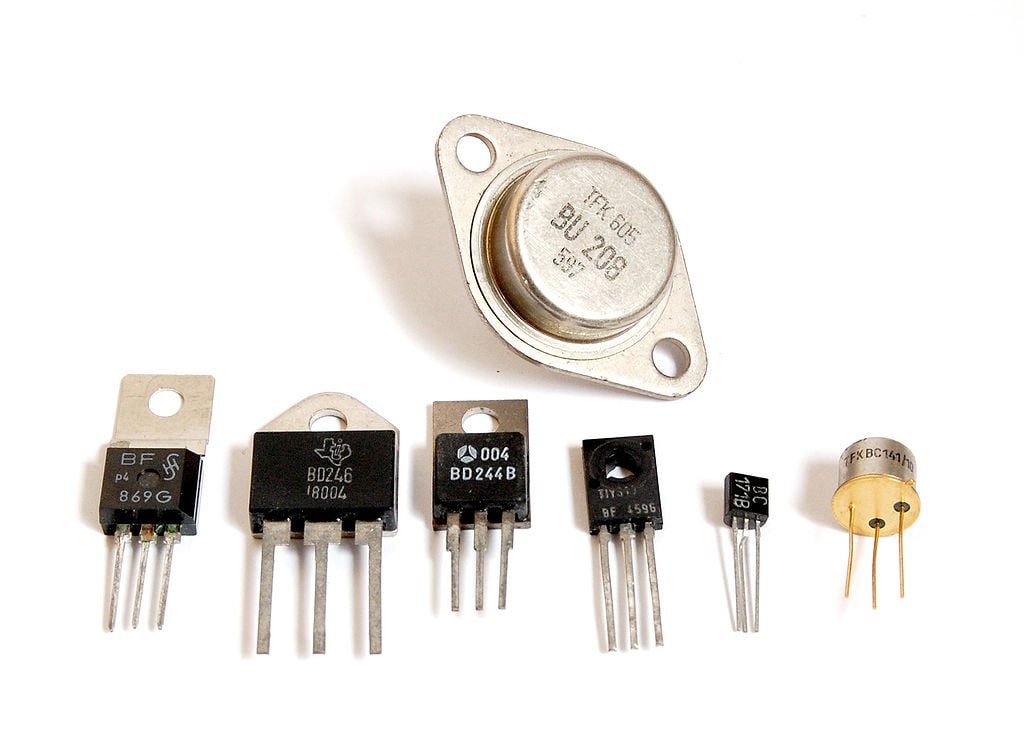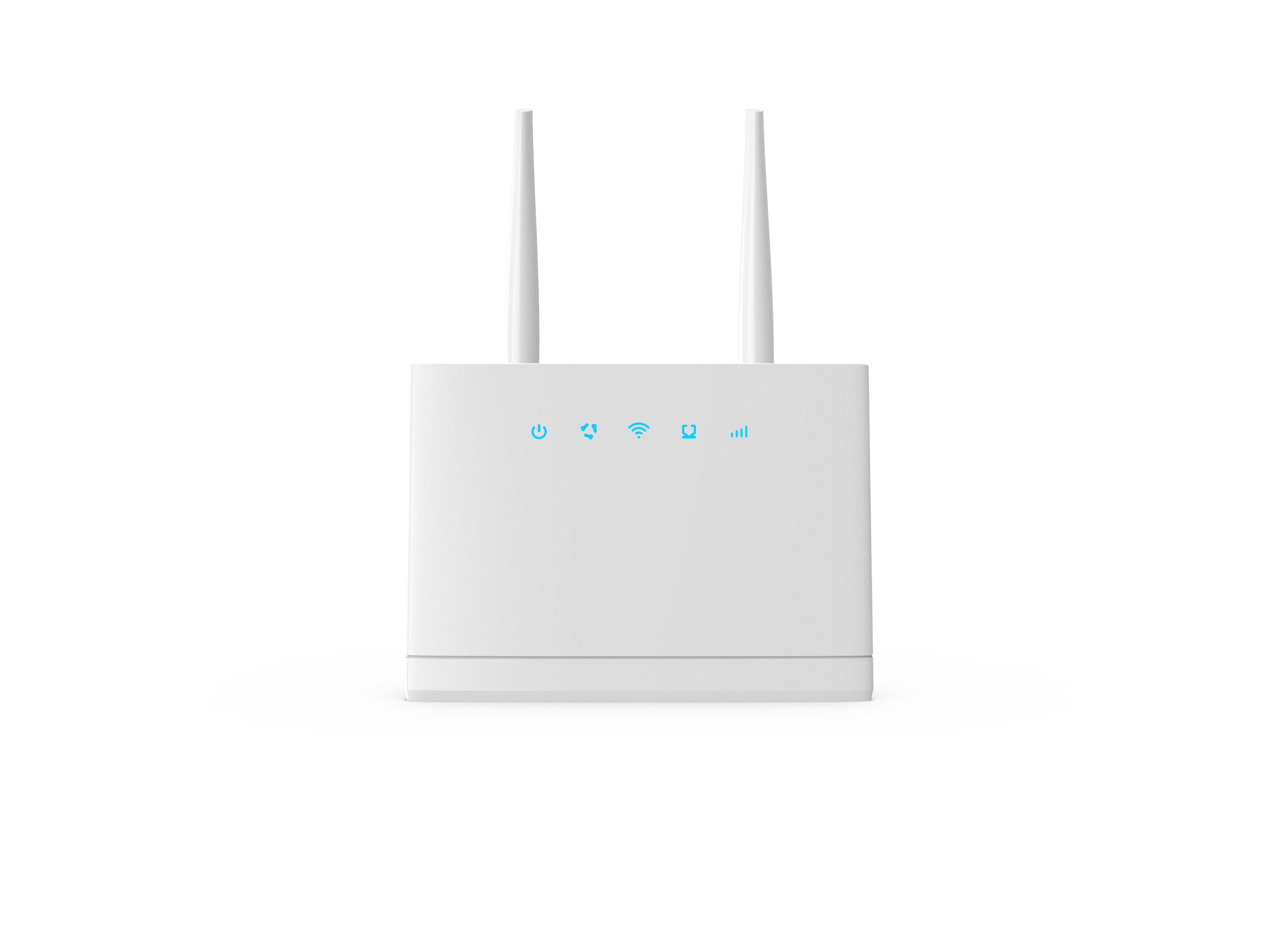How to Effectively Handle Electronic Components: Tips and Best Practices

Electronic components are the building blocks of modern technology. From smartphones to computers, electronic devices are ubiquitous in our daily lives. However, handling electronic components requires a certain level of expertise and caution. In this blog post, we will discuss some tips and best practices for handling electronic components.
- Wear Proper Protective Gear
When handling electronic components, it is important to wear proper protective gear such as gloves, safety glasses, and an anti-static wrist strap. This will protect you from any potential hazards and prevent damage to the components.
- Store Components Properly
Electronic components are sensitive to moisture, temperature, and static electricity. Therefore, it is important to store them properly in a dry, cool, and static-free environment. Use anti-static bags or containers to store the components and label them clearly for easy identification.
- Handle Components with Care
Electronic components are delicate and can be easily damaged if mishandled. When handling components, avoid touching the pins or leads and use a pair of tweezers or a vacuum pick-up tool instead. Also, avoid dropping or bending the components as this can cause irreparable damage.
- Test Components Before Use
Before using electronic components, it is important to test them to ensure they are functioning properly. Use a multimeter or a test circuit to check the components for any defects or faults. This will save you time and money in the long run.
- Dispose of Components Properly
Electronic components contain hazardous materials such as lead, mercury, and cadmium. Therefore, it is important to dispose of them properly. Check with your local authorities for guidelines on how to dispose of electronic components safely and responsibly.
In conclusion, handling electronic components requires expertise, caution, and attention to detail. By following these tips and best practices, you can ensure that your electronic components are handled properly and function effectively. Remember to wear proper protective gear, store components properly, handle them with care, test them before use, and dispose of them properly. Happy handling!


